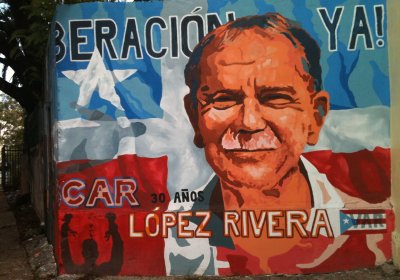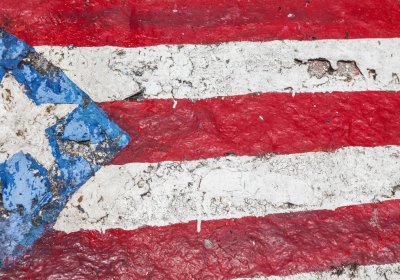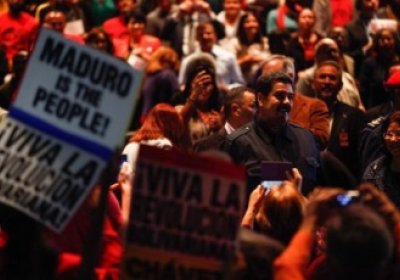Rene Perez, aka Residente, co-founder and lead singer of Puerto Rican band Calle 13, has slammed the United States for being one of the most “racist” countries on the planet.
“[US president Donald] Trump helped identifying the racists, you can see them with the little cap,” Residente said this month, alluding to the red “Make America Great Again” headwear that is popular with Trump supporters.



 The Congressional, executive and judicial wings of the United State government recently clarified for all — despite Washington's claims to the contrary — that Puerto Rico is a US colony.
A law known as PROMESA was passed by Congress with bipartisan support and signed by President Barack Obama on June 30. It creates an unelected seven-person control board that has sweeping powers to take over Puerto Rico's economy.
The Congressional, executive and judicial wings of the United State government recently clarified for all — despite Washington's claims to the contrary — that Puerto Rico is a US colony.
A law known as PROMESA was passed by Congress with bipartisan support and signed by President Barack Obama on June 30. It creates an unelected seven-person control board that has sweeping powers to take over Puerto Rico's economy.






